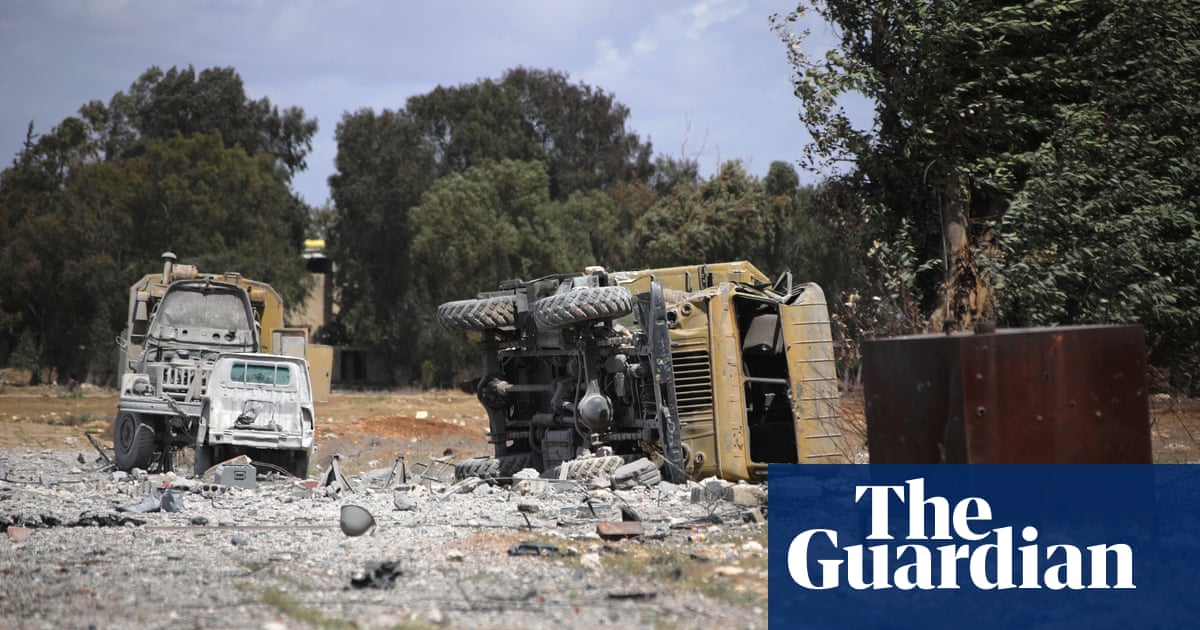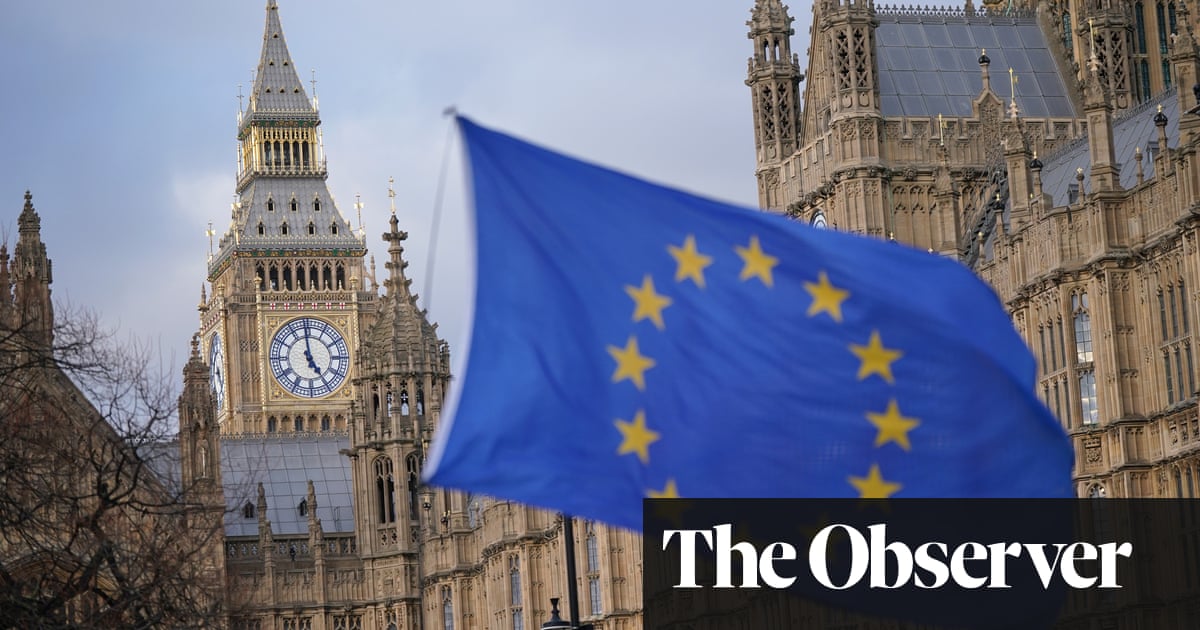If the business secretary, Jonathan Reynolds, has a fault – and it’s by no means clear that Jonny thinks he does have a fault – it’s that he’s too trusting. Who wouldn’t have believed that Jingye, the Chinese owners of British Steel, had been just too busy to get round to doing a deal to keep open the Scunthorpe blast furnaces? That they had been out and about enjoying the good weather and had missed the government’s increasingly desperate calls. After all, the Chinese government has never had anything but the interests of the British people at heart.
To say that the recall of parliament was a sign of panic is something of an understatement. This was the first Saturday the Commons had been summoned back from recess since the Falklands war in 1982. You couldn’t help feeling this was a crisis that could have been dealt with much earlier.
Fears that the Chinese were planning to close the Scunthorpe steelworks were first raised last September. There had been two urgent questions on the matter in the last couple of weeks. There had been backbench challenges at prime minister’s questions. But the government had been certain everything was under control. Everything was fine until suddenly it wasn’t.
But we were where we were and at 11am on Saturday morning, the Labour benches were packed as the government proceeded to pass the steel industry (special measures) bill in a day. Standing room only. The opposition benches, not so much. There was plenty of green leather on view. Only a few Tory and Lib Dems had made the effort to turn up. The rest had gardening to do. Turning swords into ploughshares. Everyone had their own way of celebrating the first step in what was likely to be the nationalisation of British Steel. Comrades in arms.
First up was leader of the house, Lucy Powell, to thank the Commons staff for accommodating the recall that was not at all panicky and had been planned months in advance. In reply, Alex Burghart, the shadow Cabinet Office secretary – there was no sign of shadow leader of the Commons, Jesse Norman: he was busy controlling his own means of production – accused the government of making a pig’s breakfast of the whole thing. Presumably a pig’s breakfast is a dog’s dinner of a dog’s dinner.
Then came Reynolds. The recall had not been taken lightly. But he had offered Jingye an extremely generous deal which, to his astonishment, they had refused. So he had been left no choice but to put British Steel under government control.
It has to be said that Jonny looked fairly ropey. Not getting much sleep in the last few days, I guess. But he was bewildered by the irrationality of the Chinese. The rest of us were bewildered by Reynolds’ own shortsightedness. Surely it was completely rational of the Chinese to do everything in their power to de-industrialise a rival country. To make the UK the only member of the G7 without the capacity to make its own virgin steel is the stuff of dreams for Beijing. Making the business secretary look like an innocent abroad.
There were numerous interventions. David Davis wanted to make sure we weren’t going to pay Jingye for an asset that was effectively worthless. Iain Duncan Smith wanted a sunset clause to time-limit the government’s control. Reynolds declined. He didn’t want the powers any longer than necessary but he would fight anyone who tried to take them away from him.
after newsletter promotion
Dicky Tice and Jeremy Corbyn both spoke in favour of outright nationalisation. Parliament sometimes throws up some odd bedfellows. There again, Reform are shape-shifters. Their motto is never to believe anything too strongly. Rather just drift wherever public opinion lands. And right now most of the country favours nationalisation of British Steel.
The opening speech ended with a fight as Reynolds observed that it was a pity the Tories hadn’t done more to protect British Steel over the 14 years they were in power. Production had fallen 42% and as business secretary, Kemi Badenoch, had only had three meetings with the steel operators during her 18 months in office. How come she had never tried to broker a better deal with Jingye? The Chinese had not provided any cashflow statements for years. Surely someone must have thought something dodgy was going on?
This was a red rag to KemiKase. She can’t resist any provocation. No fight is too small for her. She bounced to her feet – fire up the blast furnace!
Kemi reminded us she had been negotiating a deal with the Chinese and it had been all set to go through when Rishi Sunak had called the election last July. Mmm. Yesterday she had put out a statement saying she had negotiated a deal. Make your mind up. But it was all terribly Top Secret so she couldn’t possibly say what the deal had been. She sat down in a temper and started scribbling on a piece of paper. THE VERY VERY IMPORTANT DEAL THAT I CAN’T TELL ANYONE ABOUT.
In reply, shadow business secretary Andrew Griffith was all confected outrage. The worst deal ever! Unbecoming of a parish council! All of which might have sounded more convincing if it had come from someone else’s mouth but his own. Griffith had been Boris Johnson’s business adviser when the prime minister sold British Steel to the Chinese for £1 back in 2020. He also got rather confused about tariffs. Somehow blaming Labour for Trump’s madness. Luckily, no one was really listening. We were all waiting to see if Kemi would implode.

.png) 9 hours ago
4
9 hours ago
4













































